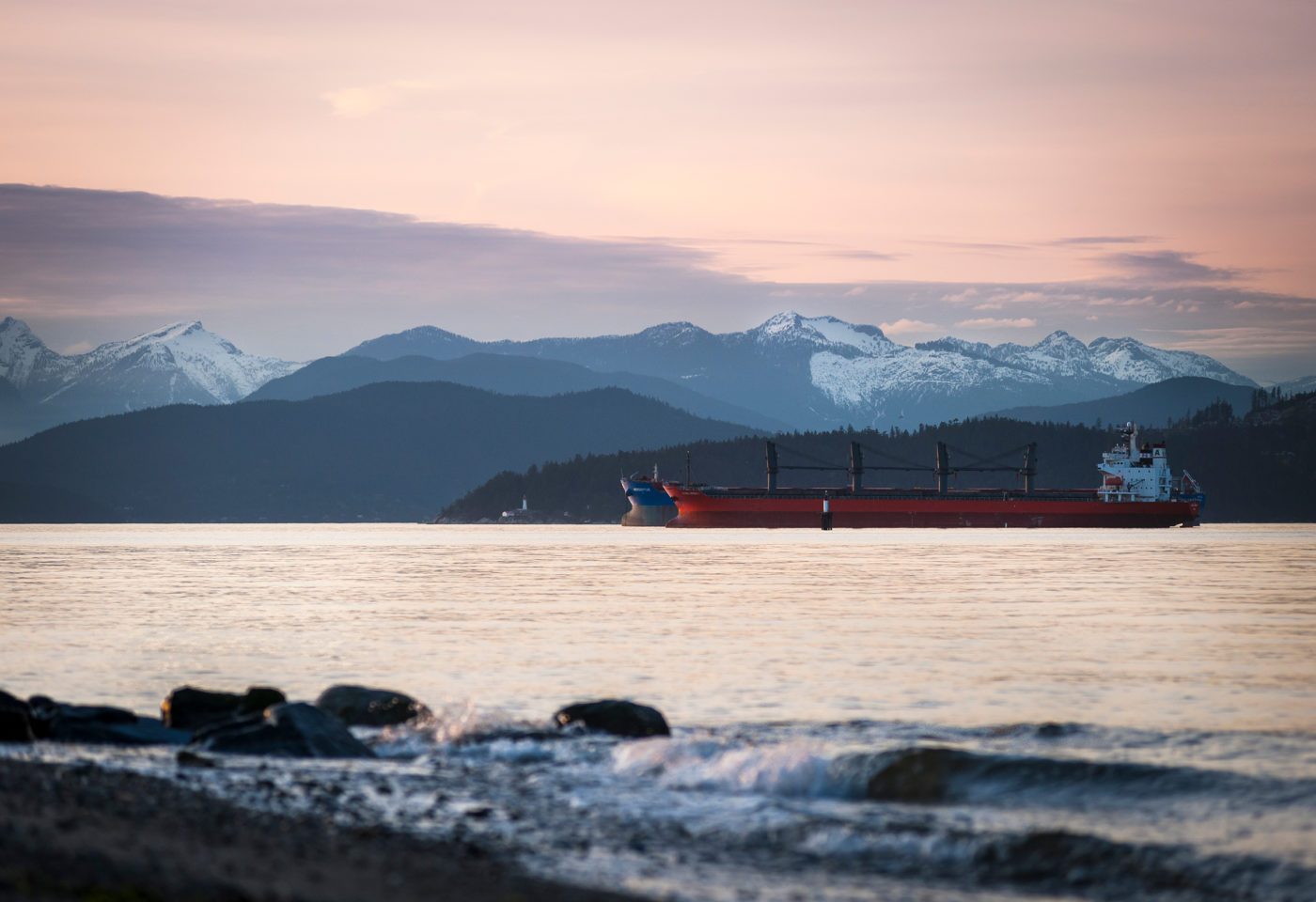Photo credit: iStock
By Martha Hall Findlay
In the Globe and Mail
January 25, 2017
Oh, the irony. Just as we start celebrating Canada’s 150th birthday as a nation, a dangerous precedent threatens, for the future, a hallmark of this country’s past success.
Almost five years ago, British Columbia announced five “conditions” for its “approval” of the Kinder Morgan TransMountain pipeline expansion. The last of the five conditions – that there be a “fair share of benefits” for British Columbians – has now been met, with Kinder Morgan agreeing to pay $500-million to $1-billion over 20 years to the B.C. government. Environmental concerns will be addressed by the 194 specific national and provincial conditions for the project, plus the federal commitment to a $1.5-billion ocean-protection plan. But the fifth condition was all about money and local politics.
The problem? We don’t hold each other up for ransom in this country. At least, we haven’t for 150 years.
Canada is an unlikely success story. Our vast geography and unique mix of backgrounds led to the creation of a unique, decentralized federation. After 150 years of this grand experiment, we have a lot to be proud of. But it has only worked because people of courage were willing to compromise and invest – both politically and financially – for the greater good. They created our Constitution, which unites us politically.
Yet, we seem to be losing our understanding of Canadian history and of the Constitution. Either that, or maybe just the political courage needed to uphold it. Rather than nation-building, this is nation-dividing.
It is hard to blame British Columbia for trying to exact as much as possible for itself. The blame really lies with those, including the federal government, who five years ago said nothing when these conditions were first proposed. By their silence, they seemed to accept the idea that, somehow, British Columbia had the right to say no.
But, in Canadian law, it did not. Neither provincial governments nor municipalities have, under the Constitution, the power to block cross-border pipelines.
Of course, they have the right to raise local concerns – and other provinces, as well as the federal government, need to listen, understand and sometimes compromise. Collectively, we need to ensure best practices in terms of safety and the environment, including prevention, mitigation and the like. But charging a price to ensure a “local” economic benefit flies in the face of the concept of national undertakings, and is a dangerous precedent.
Imagine Ontario refusing to allow railway track to be laid across it, because transporting grain from the Prairies to Montreal or St. John for export was of “no benefit” to Ontario. Imagine if more rail capacity is needed to ship wheat and potash from Saskatchewan, and Alberta decides to charge a percentage of the price just to allow these products to pass through?
The drafters of the Constitution understood the local pressures faced by politicians, the temptation to succumb to them and the need to protect the national interest. Section 92 sets out all of the provincial powers, but specifically reserves to the federal Parliament key jurisdiction over shipping lines, railways, canals, telegraphs and other works or undertakings (including pipelines) that connect one province with any other province, or beyond.
Barack Obama, worrying about the direction the United States seems to be taking, said this in his farewell speech: “Our Constitution is a remarkable, beautiful gift. But it’s really just a piece of parchment. It has no power on its own. We, the people, give it power – with our participation, and the choices we make … [and] whether or not we respect and enforce the rule of law. America is no fragile thing. But the gains of our long journey to freedom are not assured.”
We in Canada may be less concerned with our freedom, but we should be concerned about how we function as a country. Canada is no fragile thing, but the success of our 150-year journey has been in large part due to how our Constitution functions. Just as our neighbours to the south must work to uphold their Constitution, we too must uphold ours.
Martha Hall Findlay is president and CEO of Canada West Foundation
